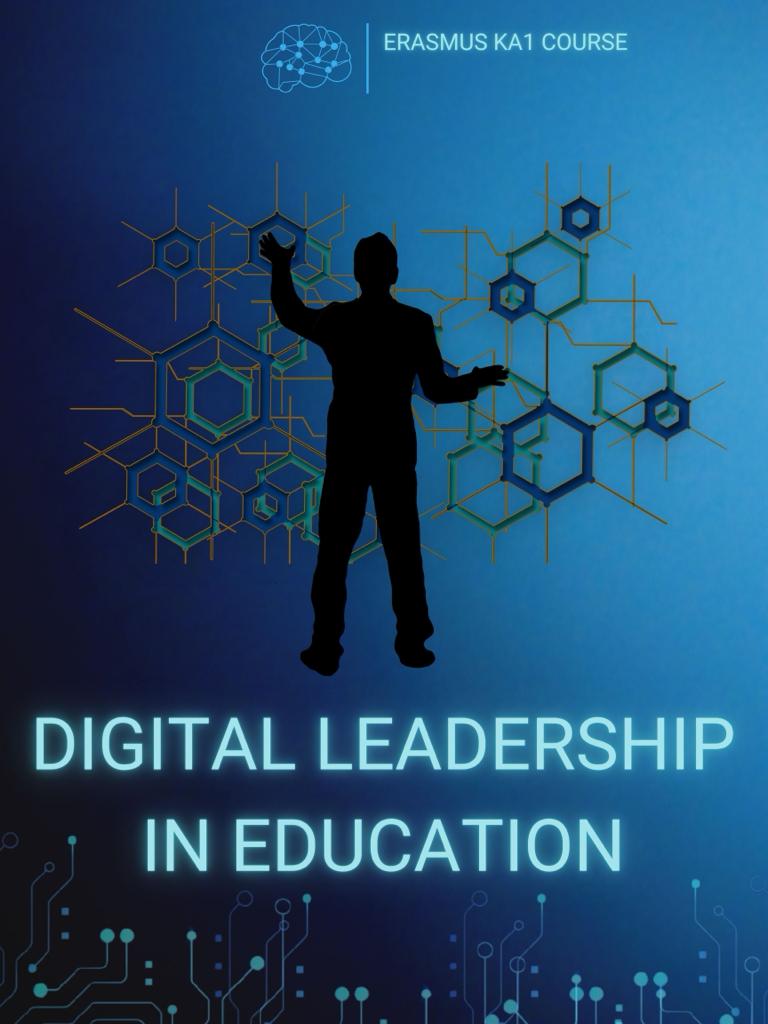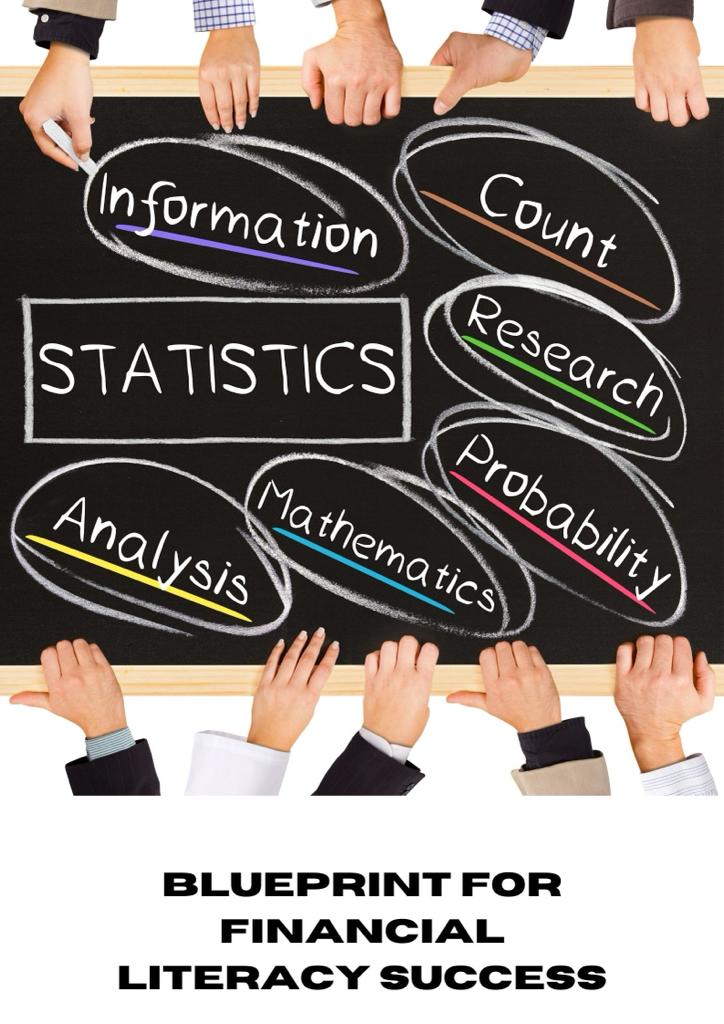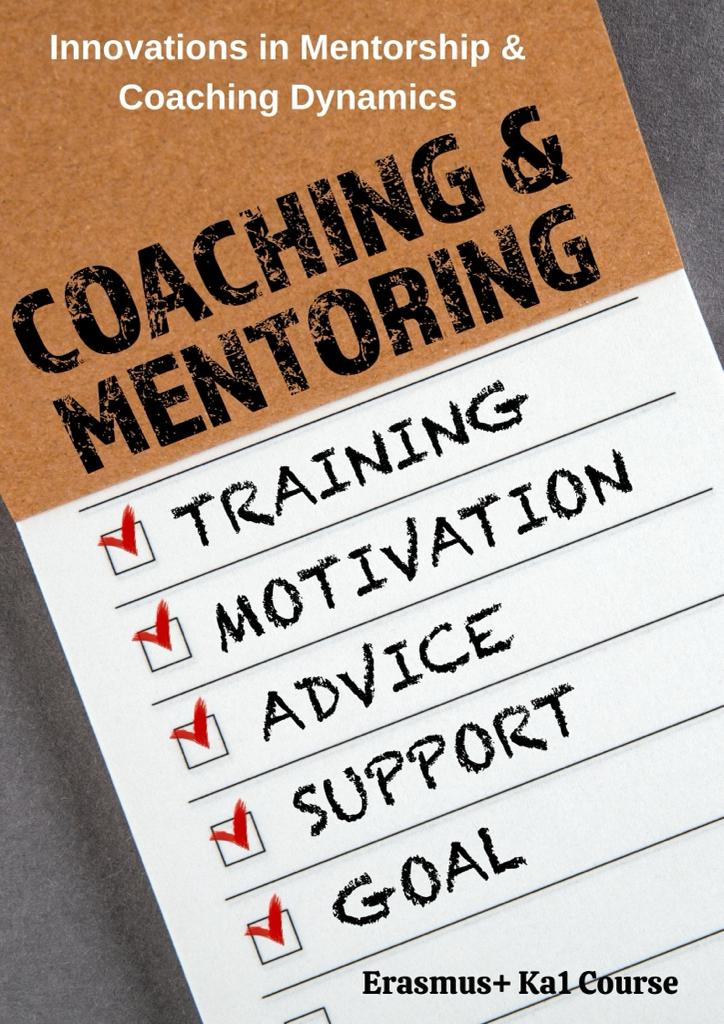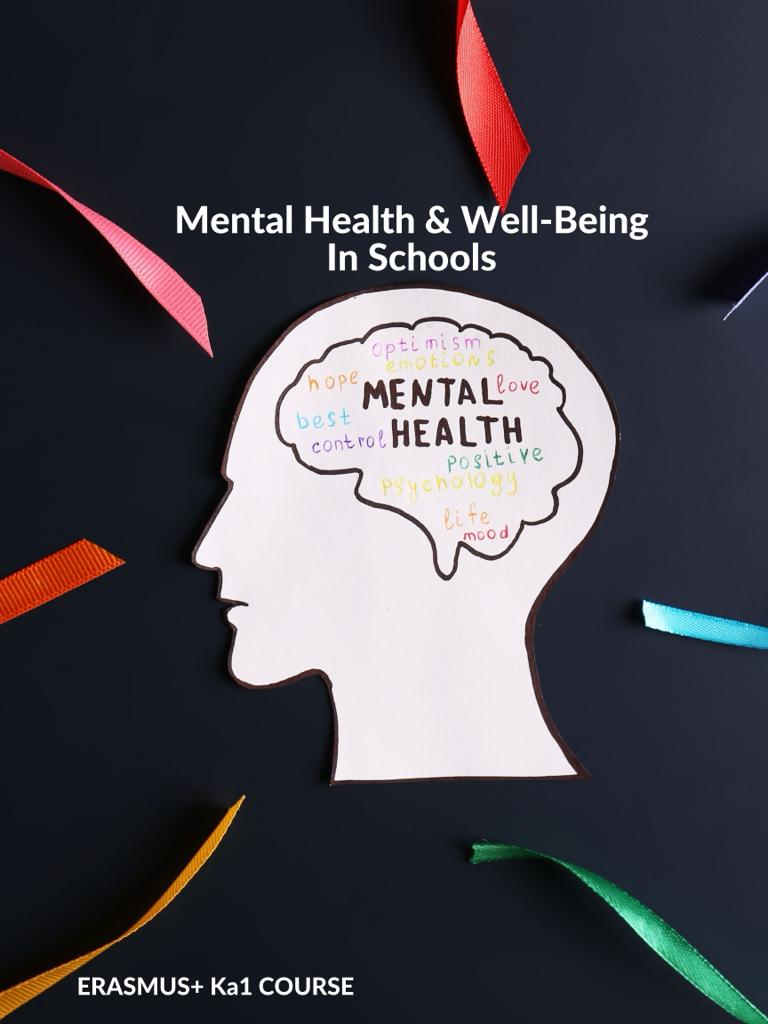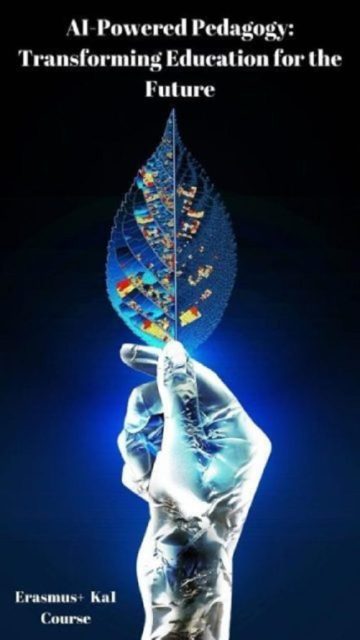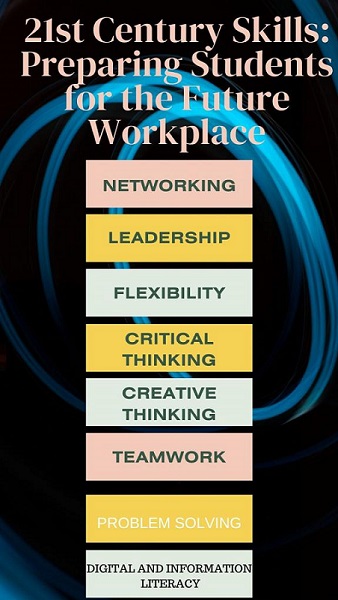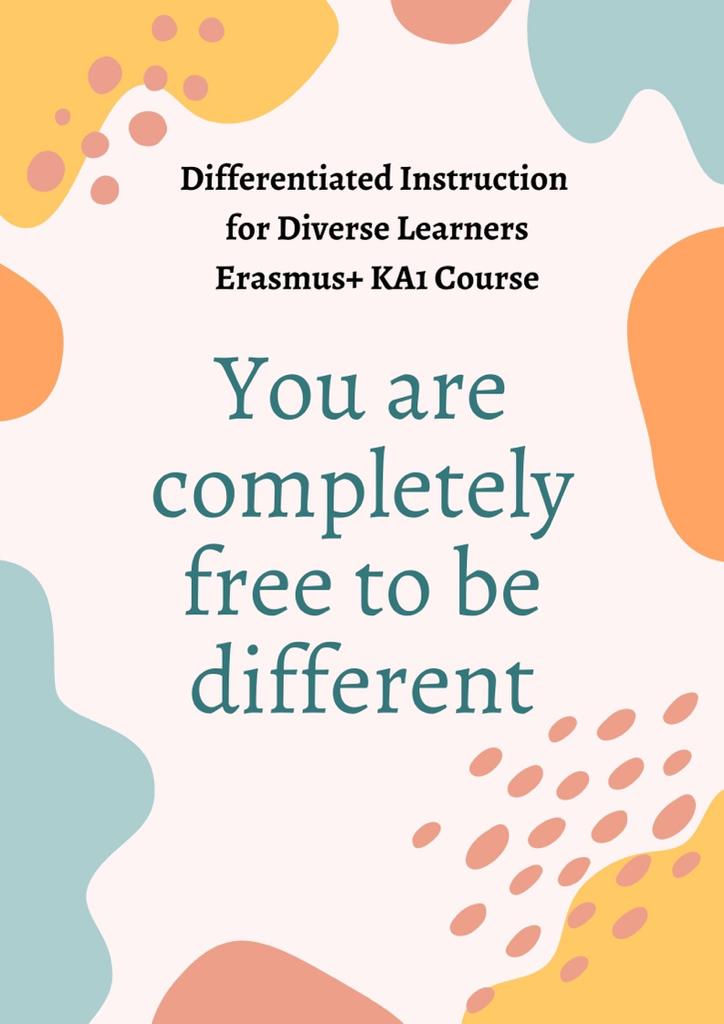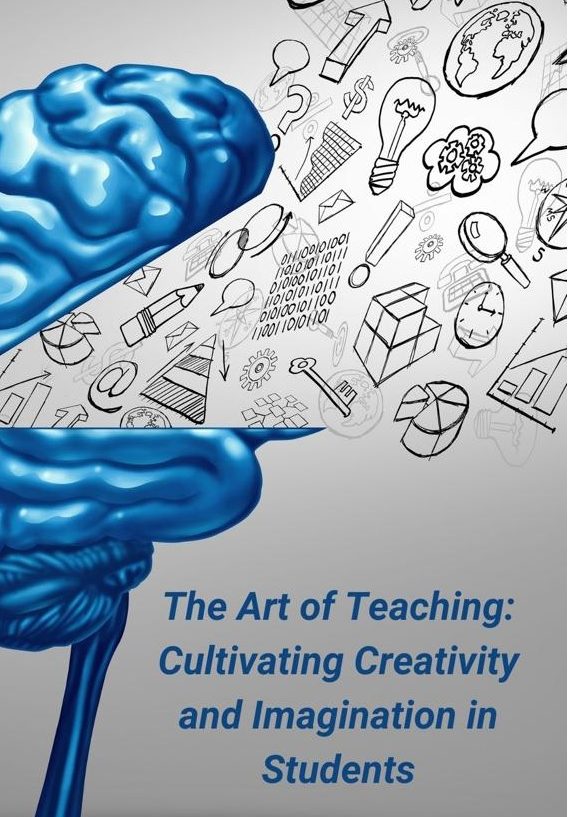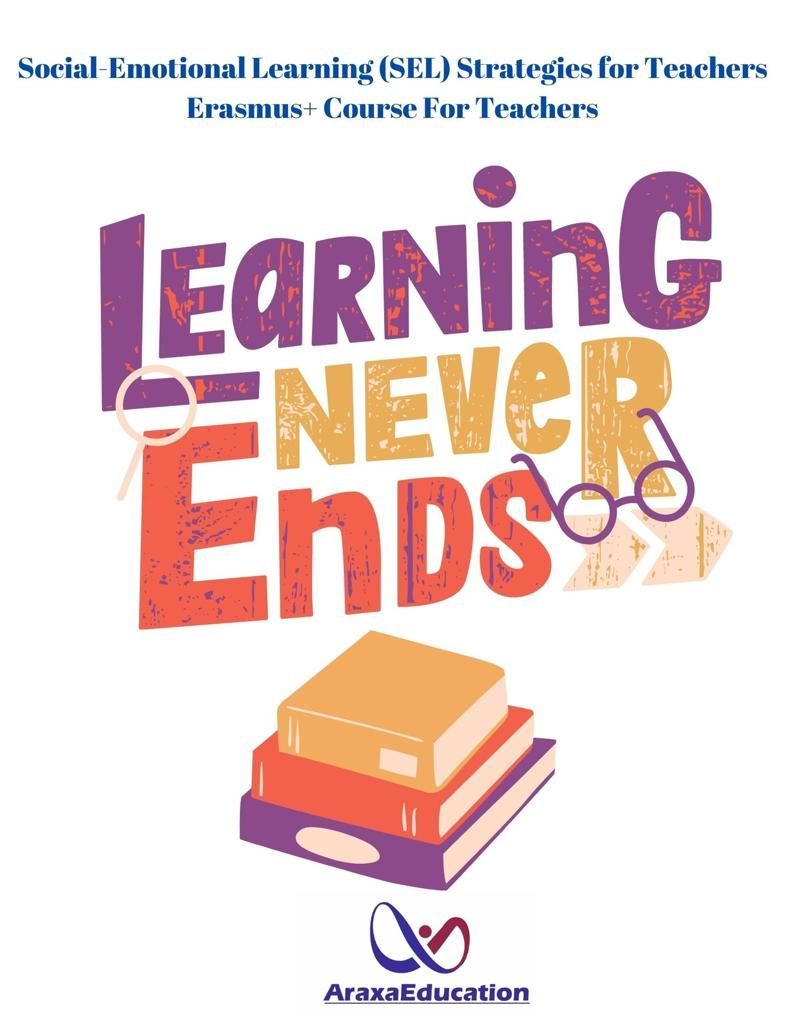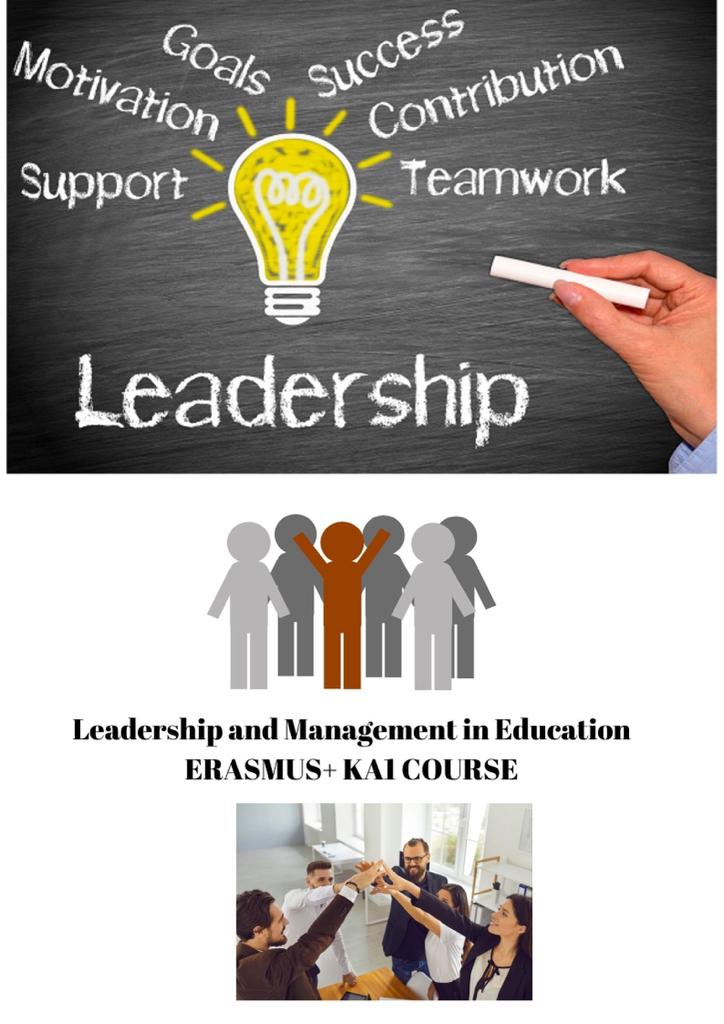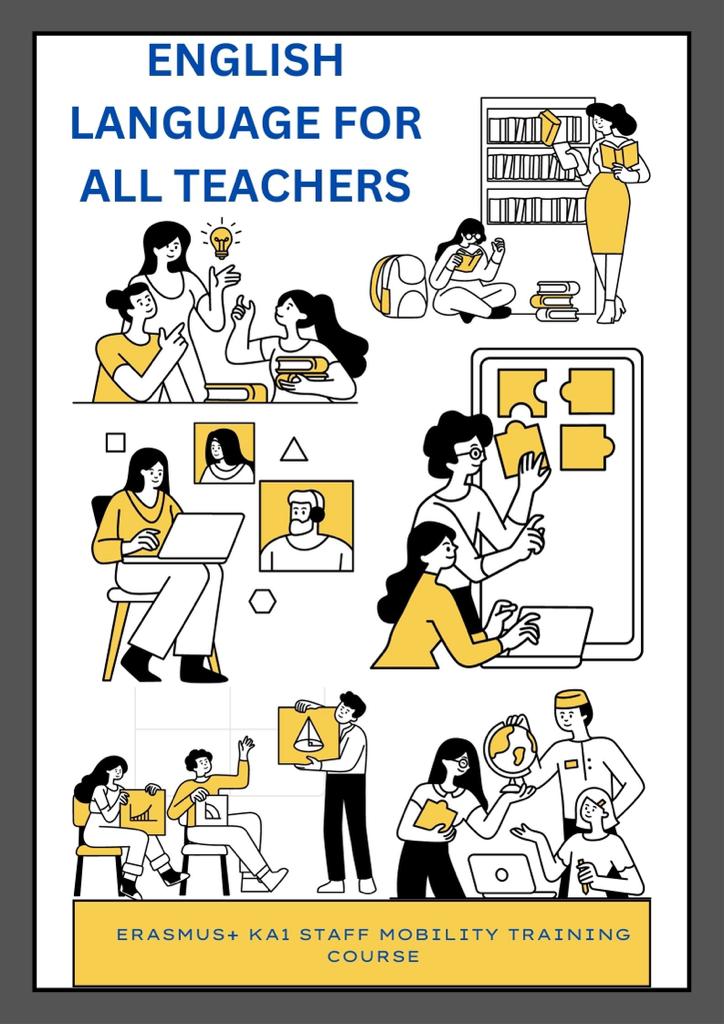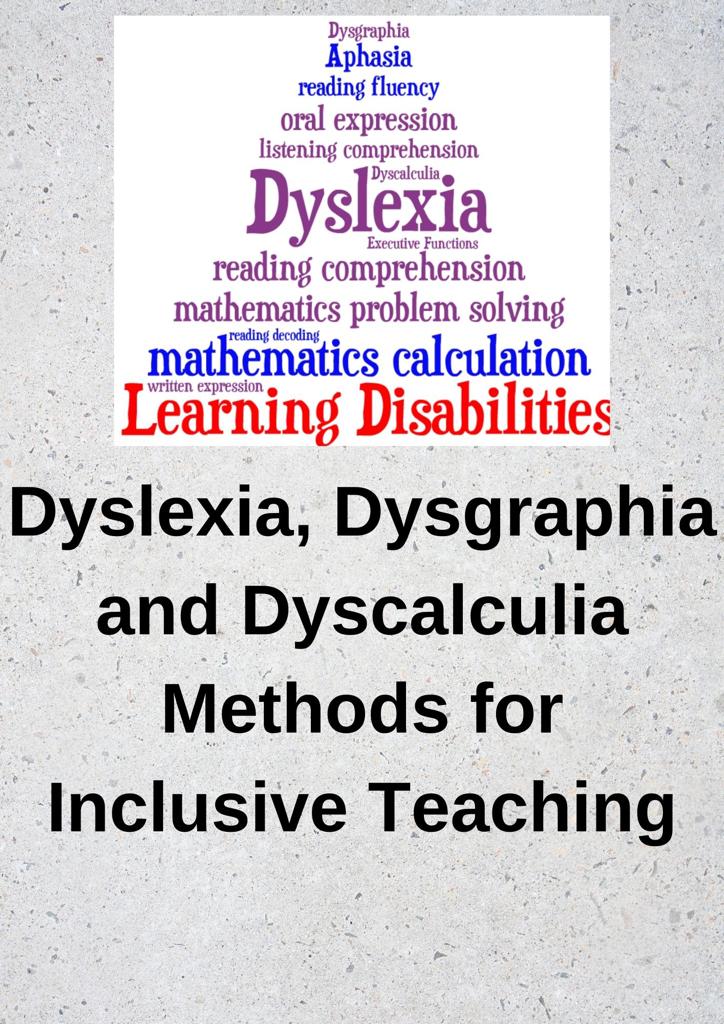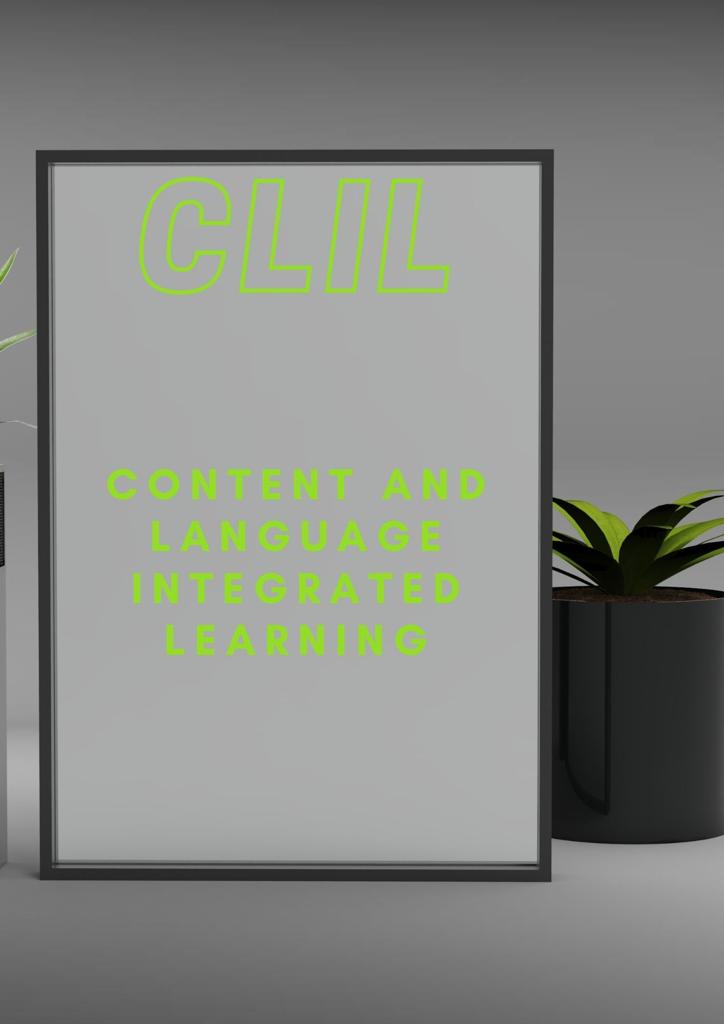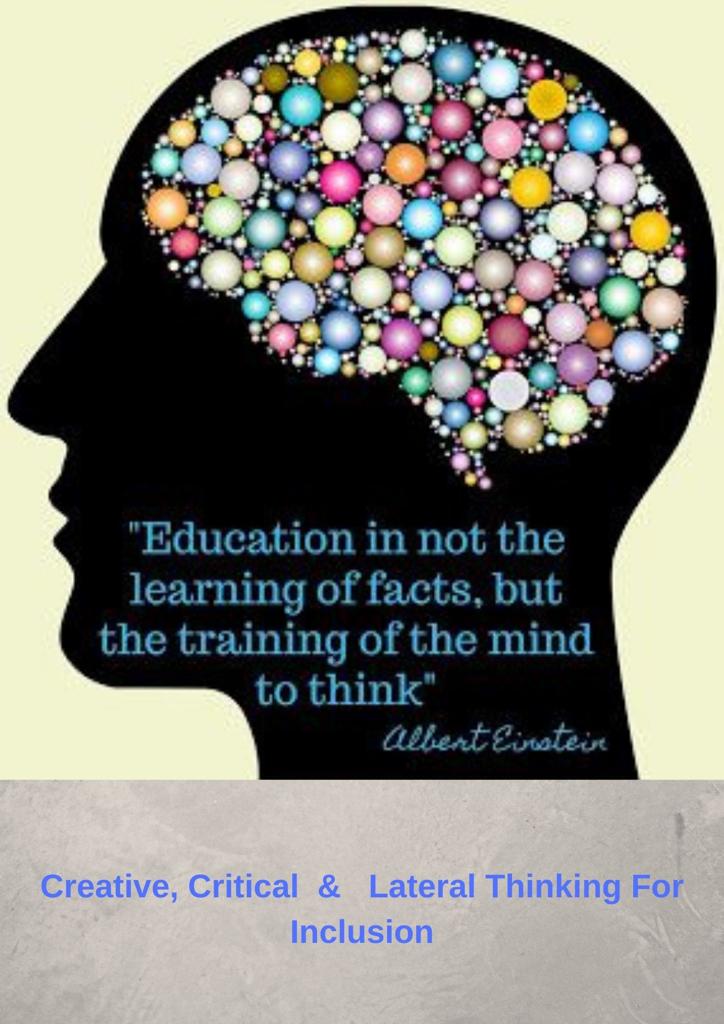| Course Description | With society becoming more and more reliant on technology, it is incumbent upon leaders to harness the power of digital technologies to create school cultures that are transparent, relevant, meaningful, engaging, and inspiring.
In order to set the stage for increasing achievement and to establish a greater sense of community pride for the work being done in our schools, we must begin to change the way we lead. To do this, leaders must understand the origins of fear and misconceptions that often surround the use of technology, such as social media and mobile devices. Effective leadership is extremely important in any system, but it is even more imperative in schools if we are to provide all learners with a world-class education. This education has to be relevant, meaningful, and applicable. Participants will understand the role and functions of leadership, the digital global context: learning, social and economic environments, leading and managing, leading technologies in education, impacts of the internet on schooling and schools, the four levels of technology integration, strategic ICT implementation, and leading for systemic digital innovation, leading for learning, student voice and digital agency, social and cultural issues, leadership in action case studies, policy formulation and globalisation of education, and international schools. |
| Methodologies Of The Course | The course methodology incorporates various interactive strategies to create a dynamic and engaging learning environment.
Interactive lectures serve as a foundational element, aiming to actively engage participants by delivering dynamic presentations. These sessions introduce key concepts, theories, and frameworks pertinent to leadership in the digital age. The emphasis is on encouraging active participation and fostering an environment where questions are welcomed, thereby promoting a deeper understanding of the material. Real-world case studies are utilized to provide practical insights into effective leadership strategies, digital innovation, and the resolution of challenges within diverse educational settings. Through the analysis of successful leadership practices, participants develop critical thinking and decision-making skills. This approach ensures that theoretical knowledge is complemented by tangible examples and applicable scenarios. Facilitating group discussions and debates further enriches the learning experience. By encouraging participants to share their perspectives and experiences related to leadership and technology integration, these sessions promote a collaborative learning environment. Structured debates on relevant topics stimulate critical analysis and expose participants to diverse viewpoints, fostering a more comprehensive understanding of leadership dynamics. Practical application is emphasized through hands-on workshops, where participants apply leadership principles in simulated scenarios. These workshops also provide a hands-on experience with emerging technologies, enhancing participants’ comfort and proficiency in utilizing these tools effectively. To enhance the learning experience and promote a peer-driven approach, the course integrates peer feedback mechanisms. Participants are encouraged to evaluate and learn from each other, providing constructive feedback on presentations, projects, and collaborative efforts. This collaborative evaluation process contributes to a more interactive and participatory learning environment, enriching the overall educational experience. |
|
Learning Outcomes |
At the end of this course, participants should be able to:
|
| Language | English |
| Duration | 5 Days |
| Type of Certification Awarded |
|
Schedule of the activities
|
Online Meeting Program |
– Meeting with the trainer – Presentation of info pack – Q & A session |
| Day 1 | · A Rationale for the Term “Digital Education Leadership”
· Digital Leadership in the Scope of Education |
| Day 2 | · Conceptualising Digital Education Leadership
· Digital Leadership and Positive psychology |
| Day 3 | · Tools And Frameworks To Develop Digital Leadership
· Digital Transformation of Leadership |
| Day 4 | · 7 Pillars of Digital Leadership in Education: communication, public relations, branding, student engagement/learning, professional growth/development, and revisioning learning spaces, and environments
· Practical exercises |
| Day 5 | · Digital Leadership and Sustainable School Improvement
· Evaluation. Certificates · Question and answer session |
| Online Meeting Program | Araxa Edu supports your dissemination activities |
|
PLANNED |
Zagreb, Croatia 1. 27 – 31 May, 2024
İstanbul, Türkiye 1. 10 – 14 June, 2024 2. 22 – 26 July, 2024
Rome, Italy 1. 24 – 28 June, 2024 2. 08 – 12 July, 2024
Prague, Czech Republic 1. 27 – 31 May, 2024 2. 02 – 06 September, 2024 3. 07 – 11 October, 2024 4. 04 – 08 November, 2024 5. 02 – 06 December, 2024
Thessaloniki, Greece 1. 07 – 11 October, 2024 2. 04 – 08 November, 2024
Paris, France 1. 02 – 06, December, 2024
|
You can also make requests for different dates and locations when filling out the pre-registration form, aside from the planned program.
The course fee is 80 euros per participant per day. This fee does not cover some expenses like accommodation, travel, etc. Costs covering enrollment fees for staff mobility format ‘Courses and training’. (Source: Erasmus+ Program Guide)
The Erasmus+ KA1 Structured Course is a testament to the transformative power of international collaboration in education. For educators, trainers, and professionals dedicated to elevating their craft and fostering global competencies, this course emerges as an invaluable opportunity. Rooted deeply within the Erasmus+ framework, the course is meticulously designed to align with the program’s core values, ensuring participants acquire knowledge and embody the spirit of cross-cultural exchange and innovation.
One of the defining features of the Erasmus+ KA1 Structured Course is its tailored curriculum. Recognizing the evolving landscape of education, the course delves into topics that resonate with the challenges and opportunities of the 21st-century classroom. Participants are introduced to a blend of theory and practical applications, ensuring they are well-equipped to navigate the complexities of modern educational settings. From innovative teaching methodologies to effective classroom management strategies, the curriculum is a comprehensive guide for educators aiming for excellence.
Beyond the confines of traditional learning, the Erasmus+ KA1 Structured Course fosters a vibrant community of learners. Participants have the unique opportunity to engage with a diverse cohort of professionals from across Europe. This melting pot of perspectives, experiences, and best practices serves as a catalyst for growth and innovation. Through collaborative projects, interactive discussions, and shared experiences, participants not only expand their global network but also gain invaluable insights into international educational practices.
While theoretical knowledge forms the foundation, practical application is the cornerstone of effective education. The Erasmus+ KA1 Structured Course places a strong emphasis on hands-on learning experiences. Through immersive workshops, participants engage in real-world scenarios, honing their skills and refining their teaching techniques.

